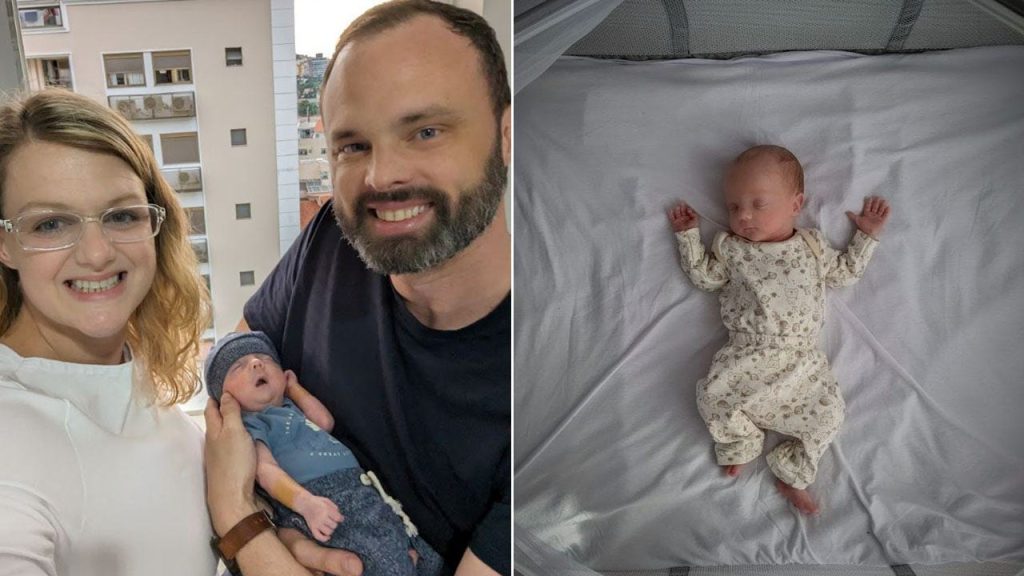A Minnesota couple, Chris and Cheri Phillips, found themselves in a “bureaucratic nightmare” in Brazil after their son, Greyson, was born prematurely, preventing them from returning to the United States. Due to complications with obtaining the necessary paperwork, the family was unable to secure an American passport for Greyson, as he did not have a Brazilian birth certificate. The local registry office in Brazil refused to issue the birth certificate because the passports of Chris and Cheri did not contain the names of their parents, which is a requirement in Brazil.
Despite efforts to provide the necessary documentation, such as individual birth certificates and their marriage license, the family faced additional challenges due to a little-known provision requiring an apostille for the documents to be recognized internationally. However, as their story gained media attention, the local office ultimately relented and issued Greyson’s birth certificate, allowing them to move forward with obtaining the American passport. Despite the progress, the family still faced obstacles in obtaining the necessary American documentation due to the distance to the nearest U.S. consulate, as well as logistical challenges with transport and legal processes.
The Phillips reached out to Senator Tina Smith for assistance in navigating the bureaucratic hurdles they faced. Smith intervened on their behalf, and the family was able to work with the U.S. Embassy in Brasilia to expedite the process of obtaining Greyson’s passport. This development provided some relief to the couple, although they acknowledged that there was still a long road ahead. The family also faced financial and emotional strain due to the extended stay in Brazil, frequent relocation between Airbnb properties, and navigating the local health care system without fluency in Portuguese.
The family continued to face challenges as Chris worked remotely and Cheri prepared to return to work virtually on a part-time basis. The uncertainty and stress of the situation weighed heavily on the couple, who remained focused on the goal of bringing Greyson home to the United States. Despite being born in Brazil, Greyson had a right to U.S. citizenship by birth, and the family was determined to ensure that he would have the proper documentation to return with them to Minnesota. The family’s health insurance provider had been supporting their medical expenses, but they grappled with the mounting costs of extended stays, transportation, and adjusting travel plans.
The Phillips shared their story to highlight the challenges faced by families navigating complex international bureaucracies during times of crisis. Their experience underscored the importance of timely and efficient support from governmental and diplomatic channels in addressing the needs of citizens abroad. The family’s ordeal in Brazil served as a cautionary tale of the unexpected hurdles that can arise during international travel, particularly in situations involving medical emergencies and bureaucratic delays. Despite the challenges, the Phillips remained hopeful and determined to overcome the obstacles in order to reunite with their son and return home to the United States.


